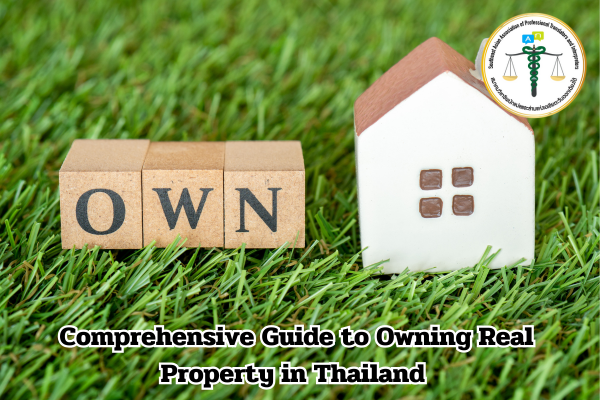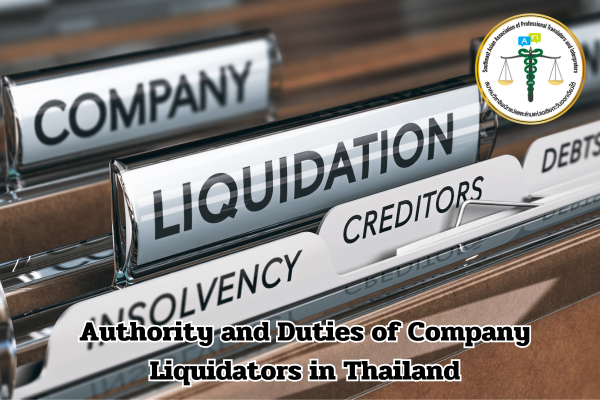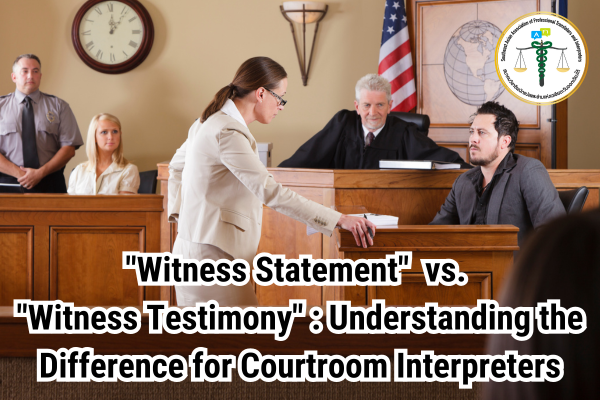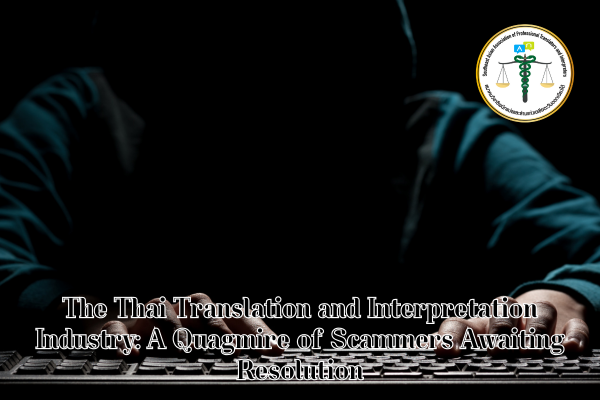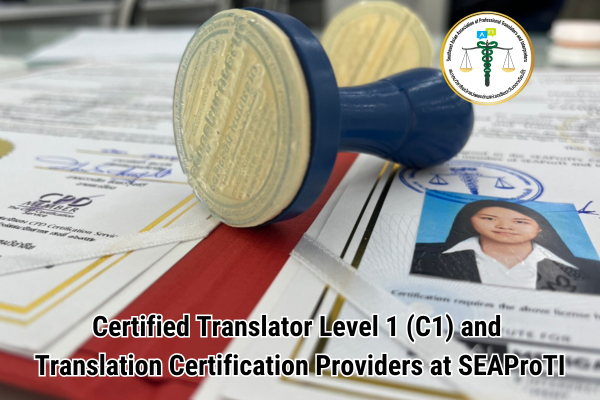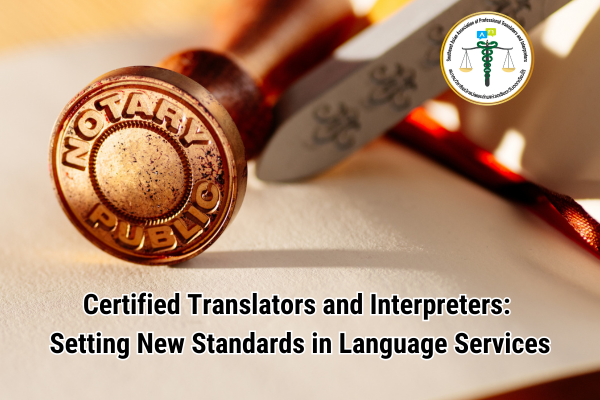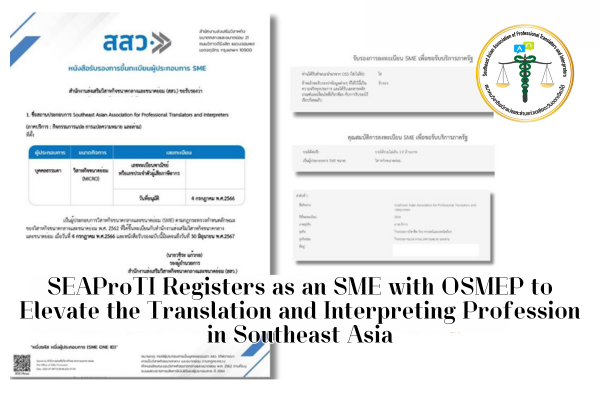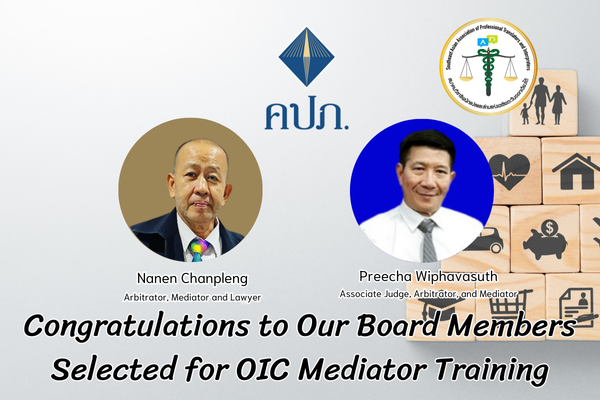Owning Real Property in Thailand
24 January 2025, Bangkok – Owning real property in Thailand is an attractive opportunity for foreign investors due to the country’s growing real estate market, vibrant tourism industry, and competitive property prices compared to other countries in the region. However, navigating the legal and regulatory landscape is essential to ensure a smooth and secure investment. This guide offers an in-depth understanding of the options and processes involved in acquiring real property in Thailand.
Understanding the Legal Framework for Property Ownership
Thailand’s property ownership laws are designed to protect local land rights while allowing foreigners certain opportunities to invest in the real estate market. While foreigners are generally prohibited from owning land outright, there are several legal pathways for acquiring property.
1. Buying a Condominium
Purchasing a condominium is the simplest and most common option for foreigners to own property in Thailand. Under Thai law, foreigners can own up to 49% of the total floor space in a condominium project, with the remaining 51% reserved for Thai nationals.
To comply with legal requirements, foreigners must fund their condominium purchase using foreign currency and ensure the money is brought into Thailand through a Thai bank. The bank will issue a document called a Foreign Exchange Transaction Form, which is required to complete the transaction. Once purchased, the foreigner holds full ownership of the condominium in their name, granting them rights equivalent to fee simple ownership.
2. Owning Land Through a Company
While foreigners cannot directly own land, they can acquire land through a Thai-registered company. To comply with Thai law, the company must have at least 51% Thai ownership. If properly structured, foreigners can hold a minority share in the company and use it to legally own land and other real estate in Thailand.
Another pathway is through foreign companies that receive privileges from the Board of Investment (BOI). These companies, particularly those operating in industries requiring significant land use, such as hotels, may be granted permission to own land. However, using a company solely to bypass foreign land ownership restrictions is illegal and could lead to penalties.
Planning for Inheritance of Real Property
If you own a condominium or other property in Thailand, it is critical to create a Thai will to specify how your property should be distributed in the event of your death. Without a will, the property will be passed to your statutory heirs according to the Thai Civil and Commercial Code (CCC).
Creating a will ensures that your wishes are honored and simplifies the process for your heirs. For foreign investors who own property through a company, shares can often be transferred through a foreign will, but the will must be executed in a Thai court, with a local executor appointed to handle the estate in Thailand.
Tax Implications for Property Owners
Owning property in Thailand also comes with tax obligations. If the property is rented out, it is subject to the House and Land Tax, which is 12.5% of the annual rental income. Additionally, rental income is subject to personal income tax, calculated on a progressive scale from 0% to 37%, depending on the income level.
For properties rented to companies, the lessee is required to withhold 5% of the rental payment and submit it to the Thai Revenue Department as a prepayment of the property owner’s income tax. If rental income is transferred abroad, a 15% withholding tax applies. It is important to understand these tax rules to avoid unexpected financial obligations.
The Role of Certified Translators, Translation Certifiers, and Certified Interpreters (SEAProTI)
Certified translators, translation certifiers, and certified interpreters from the Southeast Asian Association of Translators and Interpreters (SEAProTI) play a crucial role in facilitating property transactions for foreign investors in Thailand.
Their expertise ensures that key legal documents, such as purchase agreements, wills, and landholding contracts, are accurately translated and certified, making them legally valid in Thailand. This is particularly important in a country where legal processes heavily rely on documents written in Thai.
Certified interpreters are equally essential during negotiations or legal proceedings, providing real-time translations to bridge the communication gap between foreign buyers and Thai legal or real estate representatives. By engaging SEAProTI-certified professionals, investors can navigate Thailand’s legal system with confidence, minimize risks, and ensure compliance with local laws.
SEAProTI’s certified translators, translation certification providers, and certified interpreters:
The Southeast Asian Association of Professional Translators and Interpreters (SEAProTI) has officially announced the criteria and qualifications for individuals to register as “Certified Translators,” “Translation Certification Providers,” and “Certified Interpreters” under the association’s regulations. These guidelines are detailed in Sections 9 and 10 of the Royal Thai Government Gazette, issued by the Secretariat of the Cabinet under the Office of the Prime Minister of the Kingdom of Thailand, dated July 25, 2024, Volume 141, Part 66 Ng, Page 100.
To read the full publication, visit: the Royal Thai Government Gazette
การเป็นเจ้าของอสังหาริมทรัพย์ในประเทศไทย
24 มกราคม 2568, กรุงเทพฯ – การเป็นเจ้าของอสังหาริมทรัพย์ในประเทศไทยถือเป็นหนึ่งในเป้าหมายการลงทุนที่น่าสนใจสำหรับชาวต่างชาติ ด้วยศักยภาพของตลาดอสังหาริมทรัพย์ที่เติบโตอย่างต่อเนื่อง ประกอบกับความคุ้มค่าของการลงทุนเมื่อเปรียบเทียบกับหลายประเทศในภูมิภาค อย่างไรก็ตาม การทำความเข้าใจในข้อจำกัดทางกฎหมาย และการปฏิบัติตามกระบวนการที่ถูกต้องเป็นสิ่งสำคัญ เพื่อให้การลงทุนในอสังหาริมทรัพย์ในประเทศไทยเกิดขึ้นอย่างราบรื่นและปลอดภัย บทความนี้จะนำเสนอแนวทางและข้อควรรู้เกี่ยวกับการเป็นเจ้าของอสังหาริมทรัพย์ในประเทศไทยอย่างครบถ้วน
กฎหมายที่เกี่ยวข้องกับการเป็นเจ้าของอสังหาริมทรัพย์ในประเทศไทย
ประเทศไทยมีกฎหมายที่ชัดเจนเกี่ยวกับการเป็นเจ้าของอสังหาริมทรัพย์ โดยเฉพาะในส่วนของชาวต่างชาติ ซึ่งไม่สามารถเป็นเจ้าของที่ดินในประเทศได้โดยตรง แต่ยังคงมีทางเลือกอื่นที่ถูกต้องตามกฎหมายสำหรับการลงทุนอสังหาริมทรัพย์
1. การซื้อคอนโดมิเนียม
วิธีที่ง่ายที่สุดสำหรับชาวต่างชาติในการเป็นเจ้าของอสังหาริมทรัพย์ในประเทศไทยคือการซื้อคอนโดมิเนียม กฎหมายไทยอนุญาตให้ชาวต่างชาติเป็นเจ้าของคอนโดมิเนียมได้สูงสุดไม่เกิน 49% ของพื้นที่ในโครงการคอนโดมิเนียมนั้น ส่วนที่เหลือต้องเป็นกรรมสิทธิ์ของคนไทย
ชาวต่างชาติที่ต้องการซื้อคอนโดมิเนียมจะต้องใช้เงินตราต่างประเทศในการซื้อและนำเงินดังกล่าวเข้ามาในประเทศไทยผ่านธนาคารพาณิชย์ไทย โดยธนาคารจะออกเอกสารที่เรียกว่า “Foreign Exchange Transaction Form” เพื่อยืนยันการโอนเงิน นอกจากนี้ การถือครองคอนโดมิเนียมในนามบุคคลนั้นถือเป็นกรรมสิทธิ์สมบูรณ์ ทำให้ผู้ถือครองมีสิทธิ์ในทรัพย์สินอย่างเต็มที่
2. การถือครองที่ดินผ่านบริษัท
ชาวต่างชาติสามารถเป็นเจ้าของที่ดินในประเทศไทยได้ผ่านการจัดตั้งบริษัทที่จดทะเบียนในประเทศ บริษัทดังกล่าวจะต้องมีผู้ถือหุ้นไทยเป็นส่วนใหญ่ (อย่างน้อย 51%) และการดำเนินธุรกิจจะต้องเป็นไปอย่างถูกต้องตามกฎหมาย หากบริษัทมีชาวต่างชาติเป็นผู้ถือหุ้นรายย่อยในบริษัทไทยที่ถูกต้องตามกฎหมาย ก็สามารถถือครองอสังหาริมทรัพย์ในนามบริษัทนั้นได้
อีกทางเลือกหนึ่งคือการลงทุนผ่านบริษัทต่างชาติที่ได้รับสิทธิพิเศษจากสำนักงานคณะกรรมการส่งเสริมการลงทุน (BOI) ซึ่งบางกรณีบริษัทต่างชาติที่ได้รับสิทธิ์ BOI อาจได้รับอนุญาตให้ถือครองที่ดินในประเทศไทยได้ โดยเฉพาะบริษัทที่ดำเนินธุรกิจในอุตสาหกรรมที่ต้องใช้พื้นที่ลงทุนสูง เช่น โรงแรม
การวางแผนมรดกสำหรับทรัพย์สินในประเทศไทย
หากคุณเป็นเจ้าของคอนโดมิเนียมหรือทรัพย์สินอื่นในนามบุคคล สิ่งสำคัญคือการจัดทำพินัยกรรมภาษาไทยเพื่อระบุชัดเจนว่าทรัพย์สินจะถูกส่งต่อไปยังใครในกรณีที่คุณเสียชีวิต หากไม่มีพินัยกรรม กฎหมายไทยจะกำหนดให้ทรัพย์สินถูกส่งต่อไปยังทายาทตามลำดับขั้นที่ระบุไว้ใน ประมวลกฎหมายแพ่งและพาณิชย์ (ส่วนที่ว่าด้วยมรดก)
พินัยกรรมภาษาไทยจะช่วยลดความยุ่งยากและปัญหาที่อาจเกิดขึ้นในกระบวนการสืบทอดทรัพย์สิน และช่วยให้คุณสามารถควบคุมการส่งต่อทรัพย์สินของคุณได้ตามที่คุณต้องการ
ข้อกำหนดทางภาษีที่เกี่ยวข้อง
การเป็นเจ้าของอสังหาริมทรัพย์ในประเทศไทยจะมีผลต่อภาษีที่คุณต้องชำระเช่นกัน โดยเฉพาะในกรณีที่ทรัพย์สินถูกใช้เพื่อการให้เช่า อสังหาริมทรัพย์ที่ให้เช่าจะต้องเสียภาษีที่ดินและสิ่งปลูกสร้าง ซึ่งคิดเป็น 12.5% ของรายได้ค่าเช่าต่อปี นอกจากนี้ รายได้จากการให้เช่าจะต้องเสียภาษีเงินได้บุคคลธรรมดา ซึ่งคิดตามอัตราก้าวหน้า ตั้งแต่ 0-37% ขึ้นอยู่กับรายได้
สำหรับกรณีที่ผู้เช่าเป็นบริษัท บริษัทนั้นจะหักภาษี ณ ที่จ่าย 5% ของค่าเช่าและนำส่งให้กับกรมสรรพากรในนามของคุณ หากคุณส่งรายได้ค่าเช่าไปยังต่างประเทศ จะต้องเสียภาษีหัก ณ ที่จ่าย 15% ตามที่กฎหมายกำหนด
บทบาทของนักแปลรับรอง ผู้รับรองการแปล และล่ามรับรอง (SEAProTI)
นักแปลรับรอง ผู้รับรองการแปล และล่ามรับรองของสมาคมวิชาชีพนักแปลและล่ามแห่งเอเชียตะวันออกเฉียงใต้ (SEAProTI) มีบทบาทสำคัญอย่างมากในการช่วยให้นักลงทุนชาวต่างชาติสามารถดำเนินการทางกฎหมายที่เกี่ยวข้องกับอสังหาริมทรัพย์ในประเทศไทยได้อย่างราบรื่น
การแปลเอกสารสำคัญ เช่น สัญญาซื้อขาย พินัยกรรม หรือเอกสารที่เกี่ยวข้องกับการถือครองที่ดิน จำเป็นต้องใช้บริการจากนักแปลที่ได้รับการรับรองเพื่อให้เอกสารดังกล่าวได้รับการยอมรับในประเทศไทย นอกจากนี้ ล่ามรับรองยังช่วยในกระบวนการสื่อสารระหว่างผู้ซื้อชาวต่างชาติและตัวแทนอสังหาริมทรัพย์หรือเจ้าหน้าที่ทางกฎหมายในประเทศไทย ทำให้ผู้ซื้อสามารถดำเนินการต่างๆ ได้อย่างถูกต้องตามกฎหมาย
การใช้บริการจากผู้เชี่ยวชาญของ SEAProTI ไม่เพียงช่วยลดความเสี่ยงทางกฎหมาย แต่ยังช่วยเพิ่มความมั่นใจให้กับนักลงทุนในการเป็นเจ้าของอสังหาริมทรัพย์ในประเทศไทยอีกด้วย
เกี่ยวกับนักแปลรับรอง ผู้รับรองการแปล และล่ามรับรองของสมาคมวิชาชีพนักแปลและล่ามแห่งเอเชียตะวันออกเฉียงใต้
สมาคมวิชาชีพนักแปลและล่ามแห่งเอเชียตะวันออกเฉียงใต้ (SEAProTI) ได้ประกาศหลักเกณฑ์และคุณสมบัติผู้ที่ขึ้นทะเบียนเป็น “นักแปลรับรอง (Certified Translators) และผู้รับรองการแปล (Translation Certification Providers) และล่ามรับรอง (Certified Interpreters)” ของสมาคม หมวดที่ 9 และหมวดที่ 10 ในราชกิจจานุเบกษา ของสำนักเลขาธิการคณะรัฐมนตรี ในสำนักนายกรัฐมนตรี แห่งราชอาณาจักรไทย ลงวันที่ 25 ก.ค. 2567 เล่มที่ 141 ตอนที่ 66 ง หน้า 100 อ่านฉบับเต็มได้ที่: นักแปลรับรอง ผู้รับรองการแปล และล่ามรับรอง


